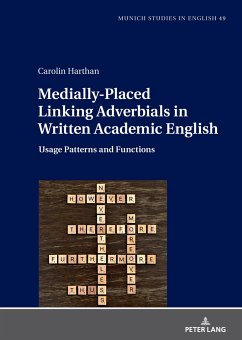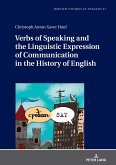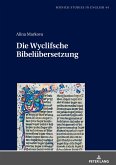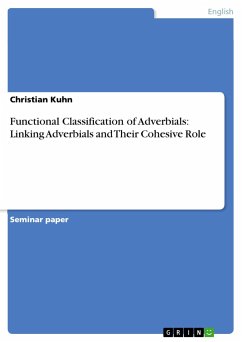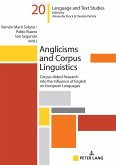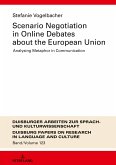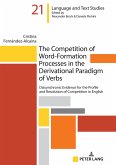In Present-Day English, the only flexible sentence constituent in unmarked
declarative sentences is the adverbial, which can often be placed in initial, medial, or end position. This book presents the first empirical and corpus-based study on the usage patterns and functions of medially-placed linking adverbials in conceptually-written academic English. By combining quantitative with detailed qualitative analyses of selected corpus examples, the present study explores whether the placement of linking adverbials in medial position can be regarded as a focusing strategy, similar to focusing adverbs and cleft sentences. Moreover, it investigates whether different medial positions are associated with distinct discourse functions, such as the marking of contrastive topics or different
focus meanings.
declarative sentences is the adverbial, which can often be placed in initial, medial, or end position. This book presents the first empirical and corpus-based study on the usage patterns and functions of medially-placed linking adverbials in conceptually-written academic English. By combining quantitative with detailed qualitative analyses of selected corpus examples, the present study explores whether the placement of linking adverbials in medial position can be regarded as a focusing strategy, similar to focusing adverbs and cleft sentences. Moreover, it investigates whether different medial positions are associated with distinct discourse functions, such as the marking of contrastive topics or different
focus meanings.

